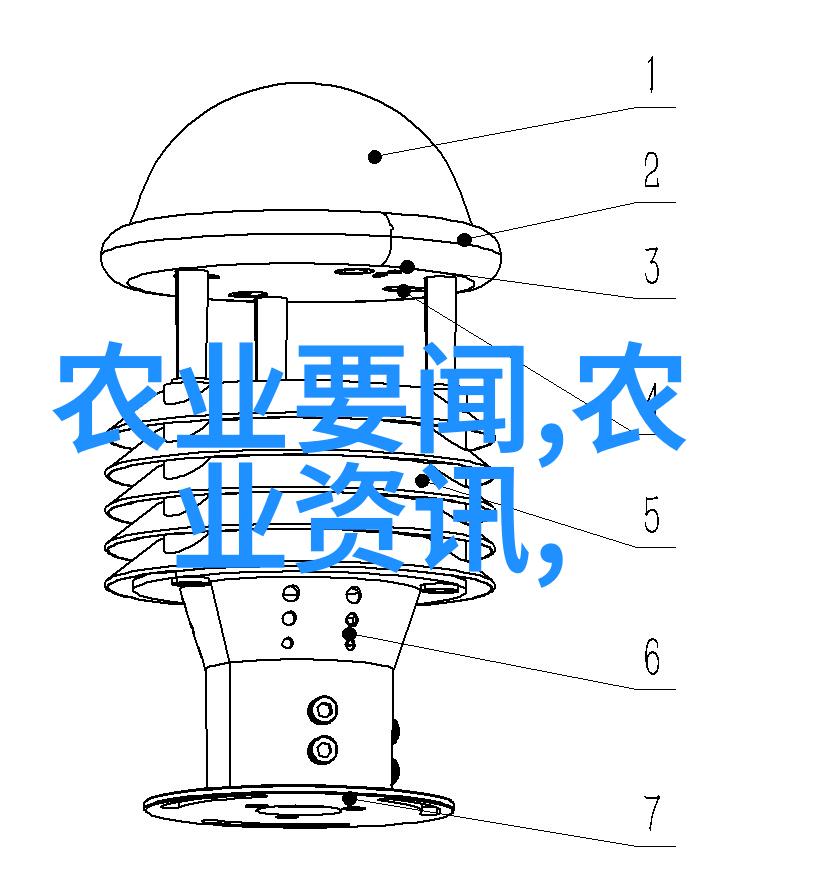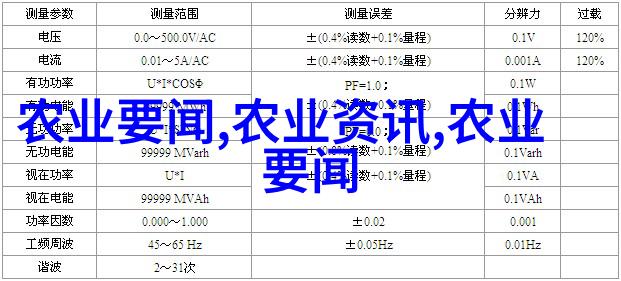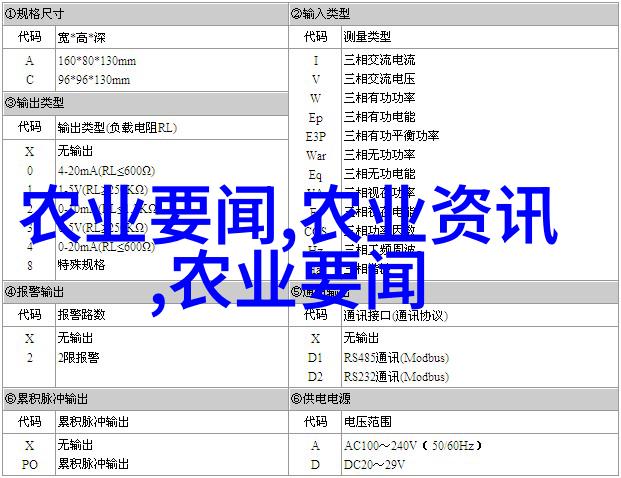您现在的位置是: 首页 - 农业资讯 - 无抗种群的推广对2023年牛羊生产会产生怎样的影响 农业资讯
无抗种群的推广对2023年牛羊生产会产生怎样的影响
2024-12-30 【农业资讯】 0人已围观
简介在2023年,牛羊养殖业正经历着一系列的变革和发展趋势。其中,无抗种群的推广对这一行业产生了深远的影响。无抗种群通常指的是那些具有较强免疫力的动物,它们不需要依赖于化学药物来预防疾病,这对于提高畜牧业生产效率、降低成本以及保障食品安全具有重要意义。 首先,无抗种群的推广有助于提升畜牧业生产效率。在传统的养殖方式中,农户往往需要定期给动物喂药以防止疾病,这不仅增加了劳动强度
在2023年,牛羊养殖业正经历着一系列的变革和发展趋势。其中,无抗种群的推广对这一行业产生了深远的影响。无抗种群通常指的是那些具有较强免疫力的动物,它们不需要依赖于化学药物来预防疾病,这对于提高畜牧业生产效率、降低成本以及保障食品安全具有重要意义。

首先,无抗种群的推广有助于提升畜牧业生产效率。在传统的养殖方式中,农户往往需要定期给动物喂药以防止疾病,这不仅增加了劳动强度,还可能导致药物残留的问题。而无抗种群则可以减少这种情况,从而使得饲料管理更为简单,提高了整体的生产效率。此外,无抗种群还能够减少因过度使用化学药物引起的一些副作用,如环境污染和抵抗力下降等问题。
其次,无抗种群的推广有利于降低养殖成本。通过采用免疫力强大的无抗种群,可以显著减少因疾病带来的经济损失。这对于小型和中型农户来说尤为重要,因为它们通常没有大规模养殖企业那样雄厚的人力财务资源,因此任何形式的小额开支都将直接影响到他们的盈亏状况。

再者,无抗种群对保障食品安全也至关重要。随着消费者的健康意识不断提升,对食品安全要求日益严格。在传统养殖方法下,由于无法完全排除动物被感染后仍然会携带细菌或病毒的情况,有可能导致产品中的微生物污染。而无抗种群则能够有效地控制这些风险,从而提供更加纯净、卫生的地理标志性产品。
此外,无 antagonist (antibiotic-free) livestock farming also contributes to a more sustainable and environmentally friendly agricultural practice. Overuse of antibiotics in animal husbandry has been linked to the development of antibiotic-resistant bacteria, which can have severe consequences for human health. By promoting the use of no-antibiotics-ever (NAE) practices, farmers are able to reduce their environmental impact while ensuring food safety.

In conclusion, the promotion of no-antigen species in 2023 has brought significant changes to the livestock industry. It not only improves production efficiency and reduces costs but also ensures food safety and promotes sustainable agriculture. As consumers become increasingly aware of the importance of healthy living and environmental protection, this trend is expected to continue gaining momentum in years to come.
However, it's worth noting that there are still challenges associated with implementing this practice on a large scale. For instance, it requires significant investment in infrastructure and technology as well as extensive knowledge about animal immunology and disease prevention strategies.

Moreover, some argue that relying solely on natural immunity may not be effective against all diseases or pathogens. In such cases, alternative methods like vaccination or genetic modification might be necessary.
Despite these challenges, many experts believe that embracing no-antigen species will ultimately benefit both farmers and consumers alike by providing healthier products at competitive prices while minimizing negative impacts on our environment.

As we look forward into 2023 and beyond for insights into future trends within the livestock sector – one thing remains clear: innovation through science-backed practices such as those centered around improving herd immunity will play an ever-growing role shaping how we raise animals today for better tomorrow






